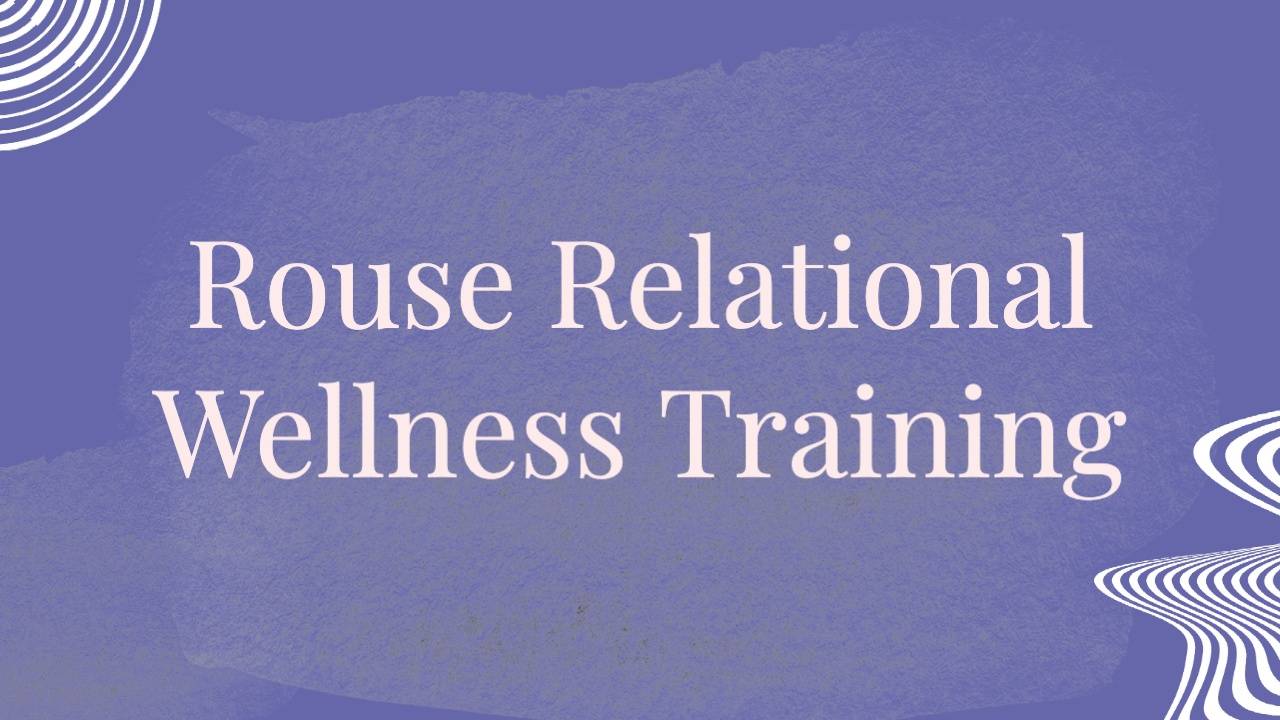
The Role of Intersectionality in Sexual Wellness: Why Identity Matters in Therapy
Sep 25, 2025Sexual wellness is not only about being physically well; it is also closely linked to who you are, your culture, and your life experiences. The gender, race, culture, or sexual orientation of each person affects their tale. People who belong to marginalized groups may discover that these things have a direct impact on their relationships, closeness, and comfort in treatment. Intersectionality, or how multiple identities affect each other, helps therapists see their clients as a whole person. This means that when clients have problems with desire, intimacy, or communication, therapists may look at them in light of cultural, social, and emotional factors.
How Marginalized Identities Impact Intimacy
Many individuals on the periphery of society might experience stress, prejudice or bias commonly referred to as minority stress. This can affect self-esteem, emotional availability and ability to develop good relationships. Failure by the therapist to consider the sexual orientation or cultural identity of the client can make the client feel unnoticed or misinterpreted. With these layers, it is easier to trust, be honest and form relationships by discussing them in therapy.
Looking for Therapy: Go to rousetherapy.com for specialized help with sexual health and identity.
The Role of Inclusive Therapy
Inclusive treatment values differences, respects cultural experiences, and listens without judging. In LGBTQIA+ therapy, this means being aware of problems like coming out, pressure from society, or being rejected by family. Clients feel encouraged, understood, and able to explore intimacy, confidence, and connection when therapists are culturally competent and sensitive. Therapy serves as a cornerstone for emotional and sexual health.
Intersectionality and Relationship Health
In order to build healthy relationships, you should be aware of who you are, your origin, and the power dynamics. Love and intimacy are not the same in different ethnicities, gender and their sexual orientation. The understanding of intersectionality in therapy will enable the couples to discuss difficult issues without feeling embarrassed, honor each other, and their emotional and sexual partnerships. Tolerant practices promote intimacy that is emotionally fulfilling and aware of other cultures.
Creating Safe Spaces in Sexual Wellness Therapy
Safe therapy is not just private, but also friendly. Therapists must respect clients' sexual orientation, language, and cultural identities, particularly for those with less apparent or marginalized identities. Clients are more willing to talk about trauma, desire, or intimacy problems freely when they feel welcomed. This is good for their long-term sexual and mental health. Therapists need to keep learning: Are you a therapist who wants to learn more about sexual health that is open to everyone? Visit rouseacademy.com/store to get continuing education credits that concentrate on intersectionality, LGBTQIA+ therapy, and methods that are culturally aware.
Conclusion
Sexual well-being is inextricably linked to identity, culture, and personal experience. Therapists may provide clients with better, more inclusive assistance that helps them create healthier relationships and greater connections if they understand intersectionality. People may feel seen, understood, and sure of their sexual and emotional lives. Go to rousetherapy.com for personal help. Therapists who want to learn more about inclusive sexual health and intersectional methods may discover courses at rouseacademy.com/store. These courses will help them better serve a wide range of clients.
FAQs
Why does intersectionality matter in sexual wellness?
Intersectionality is important because it reveals how things like ethnicity, gender, and sexuality can all impact sexual health. Therapy that acknowledges these linkages fosters individuals' sense of visibility, respect, and support in cultivating healthy relationships.
How do marginalized identities affect intimacy?
Marginalized people may feel stressed because they are discriminated against or rejected. This might reduce their self-esteem or make it harder to get close to a spouse. Therapy helps with these problems and makes people feel comfortable and confident.
Can therapy be tailored for cultural or LGBTQIA+ needs?
Yes, therapy can be made to fit the requirements of both LGBTQIA+ people and people from other cultures by creating secure, welcoming settings. Inclusive therapy acknowledges who people are, recognizes their experiences, and helps them deal with their own problems while also creating healthy intimacy.
What does inclusive sexual therapy look like in practice?
Inclusive sexual therapy respects people's culture, sexuality, and identity and gives them support without judging them. It emphasizes listening, understanding, and making people feel secure so that people and couples may talk about their relationships and intimate issues.
Find your happy spots through our erotic educational courses
- Learn how mindfulness helps with sexual anxiety
-
Address performance anxiety
-
Communication Techniques for Sexual Needs
-
Sex and Intimacy for Survivors
-
Overview of Sexual Anxiety
Receive our 2-page overview completely changing how you view sex.
Receive updates through our weekly newsletter!
We hate SPAM. We will never sell your information, for any reason.

